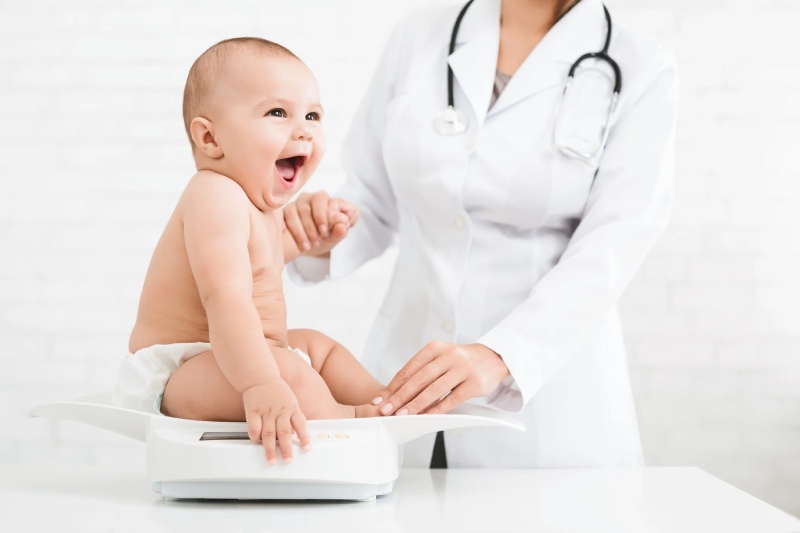A novel study from Finland has looked into the connection between adult cardiovascular disease and the environment of growing in the womb. The findings emphasize the significance of maternal and paternal genetic shared variables.
Numerous studies have examined the connection between birth weight and adult disease. The majority of research indicates that small-brained individuals have a higher chance of hypertension and heart disease later in life.
There is no conclusive scientific evidence to support the decades-long argument on the biological basis of this occurrence. A widely held belief holds that a developing fetus’s metabolism is impacted by low dietary intake during pregnancy, making it more susceptible to cardiovascular disease during periods of overnutrition.
According to recent research, risk genes shared by mothers and their offspring may be partially responsible for the association between birth weight and disease, as suggested by a team led by Academy Research Fellow Taru Tukiainen. The results have been published in the Communications Biology journal.
Researchers discovered that a child’s later risk of heart disease is unaffected by birth weight when maternal genetic variables impact the growing fetus. But it seems that these genes only affect the likelihood of contracting a disease when they are inherited by the offspring.
“Certain maternal genes influence the growth conditions of the child in the womb and consequently the birth weight of the child,” Jaakko Leinonen, a postdoctoral researcher at the Institute for Molecular Medicine Finland (FIMM) at the University of Helsinki, states that “the child in turn inherits a copy of these genes from the mother,”
“When we studied the impact of these birth weight genes on children’s morbidity later in life, we found that small changes in the baby’s growth before birth due to the mother are unlikely to have a major impact on the child’s risk of developing the disease as an adult. Instead, it seems that a child’s own genes play a much more important role in determining his or her future health risks.”
Making use of mother and child genetic data
The genetic information of mothers and their adult offspring was examined in order to arrive at the latest research findings. The findings are based on over 36,000 mother-child pairs that are all part of the extensive FinnGen genomes study conducted in Finland.
The research team claims that because earlier genetic studies were unable to differentiate between the genetic impacts of mother and kid, the outcomes of those studies were somewhat different.
“Our research method, which uses genetic data from both mothers and their children at the same time, has proven to be a very effective way to find out how maternal health and the conditions of the baby in the womb can affect the health of the child,” explains Dr. Taru Tukiainen, the study’s
The aforementioned study is the biggest one on the topic to date. The effects of being considerably underweight at birth or of other notable birth weight variations on the risk of disease in adulthood require further investigation.
“We can be proud that here in Finland we have been able to produce a globally unique research dataset like FinnGen, which allows us to find solutions to research questions that have been challenging to address before,” Tukiainen says.
